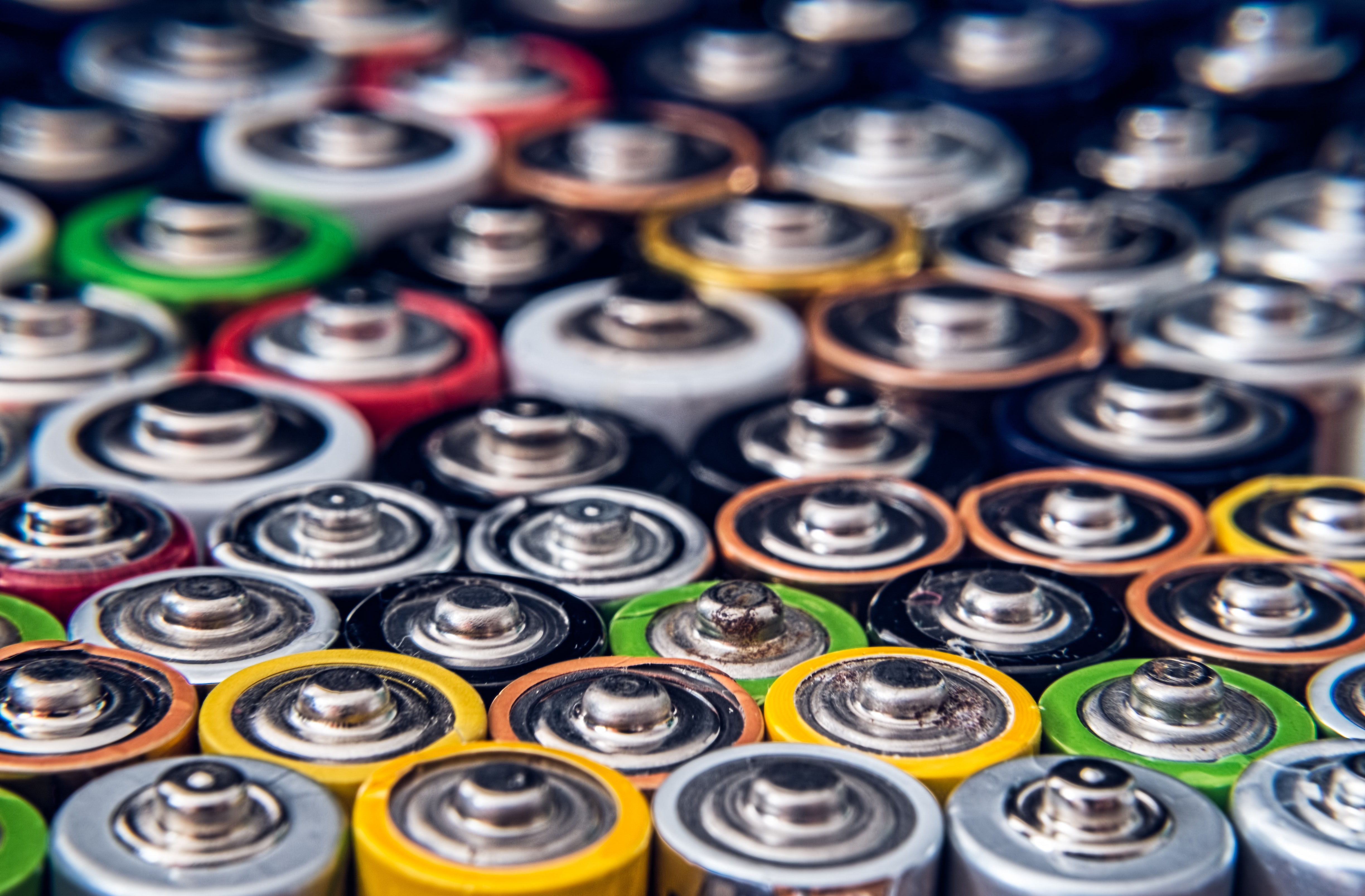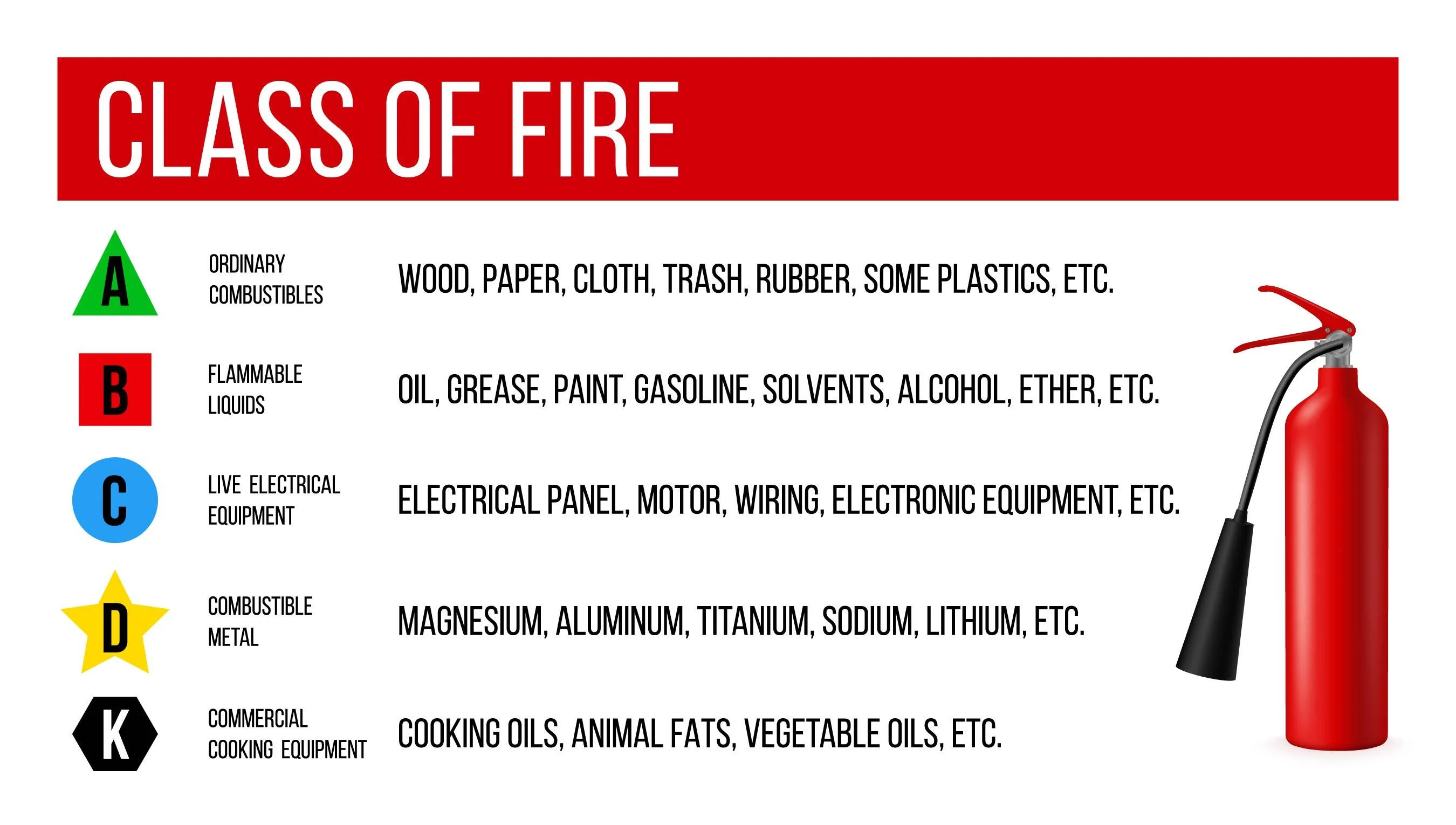Batteries are an essential part of our daily lives, powering everything from smartphones and laptops to critical household devices and tools. However, improper handling, storage, or disposal can lead to dangerous consequences such as fires, explosions, and environmental harm. Click from either 9-Volt or Lithium-Ion to learn more:






